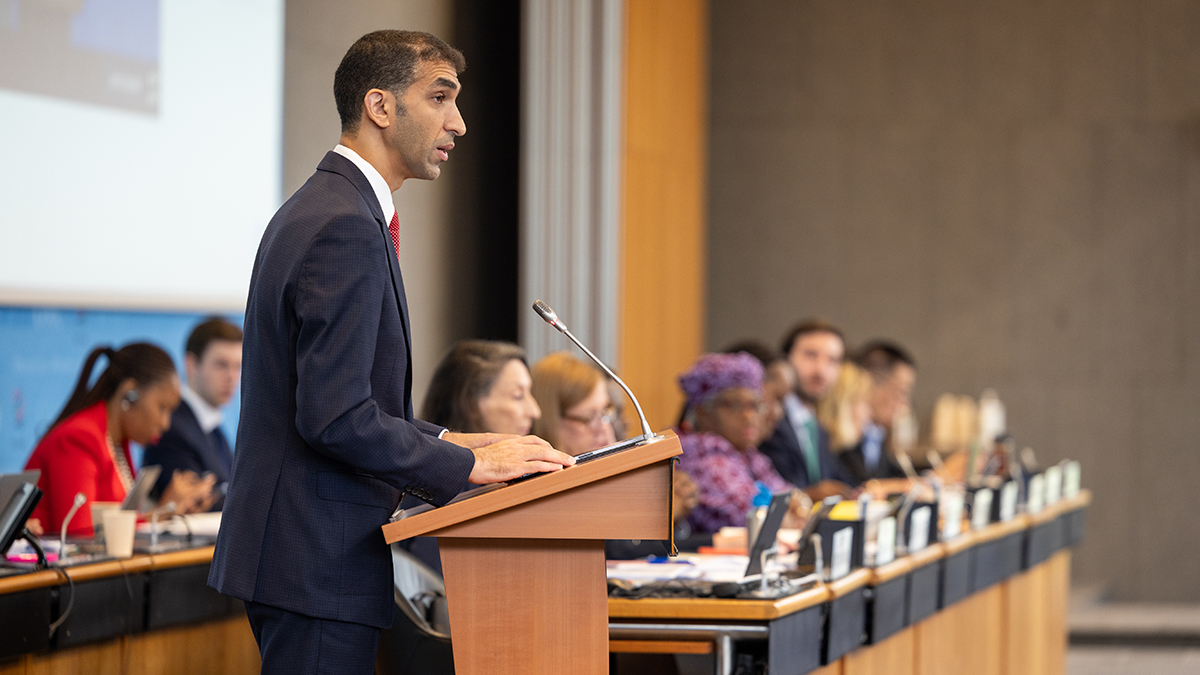Date: July 25, 2023
As the world moves beyond the challenges of the past, the global trade landscape is witnessing significant transformations. In the wake of technological advancements and shifting geopolitical dynamics, nations are adapting their strategies to foster resilience and embrace innovation in international commerce.
One of the key drivers of change in global trade is the rapid digital transformation. E-commerce has become an integral part of businesses worldwide, offering new avenues for growth and market expansion. Small and medium-sized enterprises (SMEs) have particularly benefited from this digital shift, as they can now access global markets more efficiently and cost-effectively. As a result, we are witnessing a democratization of trade, with a more diverse range of businesses participating in international commerce.
Furthermore, blockchain technology is emerging as a game-changer in trade facilitation. Its secure and transparent nature streamlines supply chains, reducing delays, and lowering administrative costs. Smart contracts, enabled by blockchain, are revolutionizing trade finance by automating payment processes, enhancing trust, and reducing the risk of disputes between parties.
In recent years, environmental concerns have taken center stage in global trade discussions. The push for sustainable and responsible practices has prompted countries to invest in renewable energy sources, reduce carbon emissions, and implement circular economy principles. Many nations are now considering carbon border taxes to incentivize greener production and consumption patterns globally. Green trade agreements are also on the rise, as countries collaborate to promote eco-friendly products and services.
Additionally, trade alliances and regional partnerships are gaining traction. Nations are exploring new avenues of cooperation to enhance their competitive advantage and access untapped markets. These alliances foster economic integration, leading to increased foreign direct investments and job creation across borders. The strengthening of regional ties is a testament to the recognition that collective prosperity can be achieved through collaboration.
However, amidst the optimism, challenges persist. Trade tensions between major economies have not entirely dissipated, and certain protectionist measures continue to create uncertainty in global markets. To mitigate these risks, multilateral institutions and diplomatic efforts must play a more proactive role in resolving disputes and upholding the rules-based international trading system.
The ongoing pandemic recovery has also highlighted the importance of bolstering supply chain resilience. Countries are now reevaluating their dependency on a few critical suppliers and seeking diversification to ensure uninterrupted access to essential goods and services.
In conclusion, the future of global trade is bright and promising, with digitization, sustainability, and collaboration as the cornerstones of growth. Embracing technological innovations, sustainable practices, and resilient supply chains will be vital in ensuring a prosperous and stable global trade landscape. As nations adapt and evolve, the power of trade as a catalyst for economic growth and international cooperation remains stronger than ever.
Post time: Jul-25-2023


